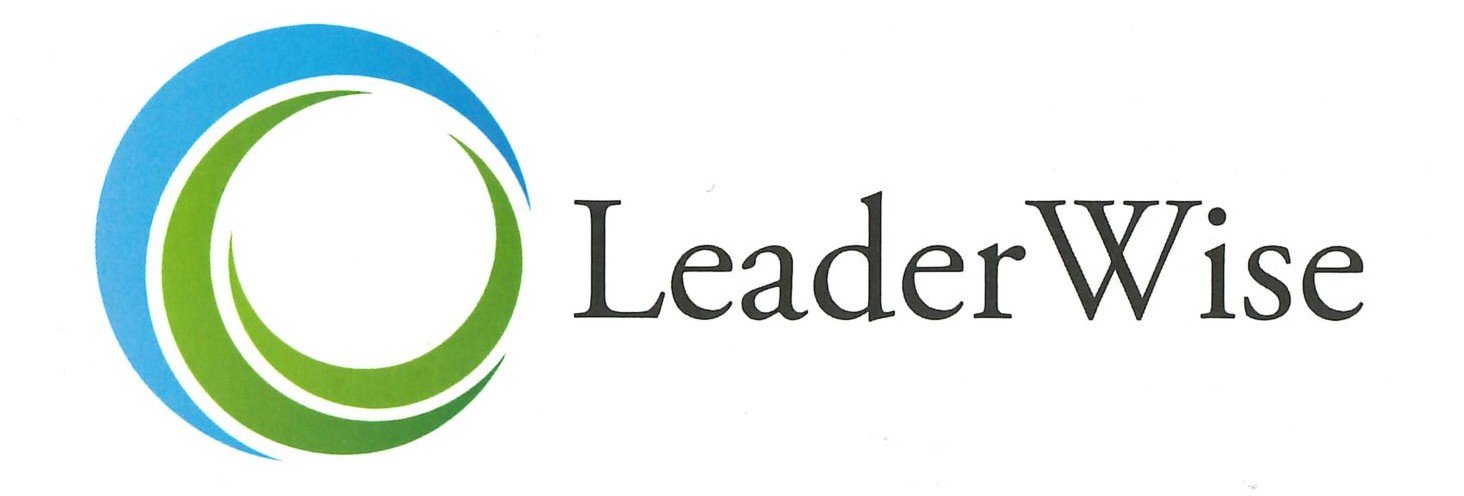A Refuge When the World Is On Fire
“The winds are bad here.”
My brother in California said these words on our weekly lunch call, “I am just praying that no one starts a fire.” By dinner time, he sent a photo from his front door of the mountains that are integral to his community. They were on fire. At 11 pm, he and his family evacuated. The picture captured what we now know as the Eaton Fire in Los Angeles which, to date, has consumed most of Altadena and parts of Pasadena and Sierra Madre. Way back in 1993, Octavia Butler envisioned the future fires of her Pasadena community in her dystopian novel, The Parable of the Sower. The main character, Lauren, writes, “There’s a fire … again. This time it’s big. It’s burning a lot of houses. People are running for their lives.” Eerily, Butler set her novel in the year 2025.
We don’t have to experience the LA fires firsthand to feel like we are a part of a world on fire. Both literally and figuratively. People are coming through the many doors of our different ministry contexts. They want a harbor, somewhere safe for a moment to relieve their anxiety, to know that they aren’t alone, to make meaning of it all, and to renew their vision of a hopeful future. How do you create such a sanctuary when the world is on fire? How do you show up for those who need you?
A few years back now, Jen Crow lost her house in a real middle-of-the-night fire. Thankfully, she and her family made it safely out of the fire—but only with the clothes on their backs. Jen, who is the Senior Minister at First Universalist Church in Minneapolis, offers us key insights into the needs of those fleeing from the fires of this world in her book Take What You Need: Life Lessons After Losing Everything. “What we probably all need,” she writes, “is someone who can actually listen to what our unique experience is like. People who can sit next to us when there are no words …. who can hear the pain without rushing in to fix it. What we need is safety and shelter and whatever comfort looks like to us.”
Jen’s account helps us confront the reality that we are going to have different needs in a world on fire. One size does not fit all. And that’s okay. Our needs are real. What Jen needed was different from what her wife or their children needed. When the fire directly affects us, we may need to seek out refuges—maybe even create them. For Jen, it was a bathroom floor in the middle of the night: a small space where she could be alone with the fullness of her feelings. On a call with leaders from Asheville living through hurricane floods, they shared that their sense of refuge changed over time as they processed the layers of trauma. For those of us offering refuge to others, we need to think through the choices that we and our partners can reasonably offer (and not be offended when people ask for something different). Finally, as we watched the Pasadena Jewish Temple burn in the Eaton fires, we must remember that faith leaders are often both in the fire and also offering refuge.
Loss, Jen reminds us, is an inherent part of life. All of us will be affected. While Jen advises us to take our good shoes rather than flip flops in a fire, she also shares that the deeper need is outside the objects in the house: “... in people we knew and didn’t know yet, in the web I never saw so clearly before—the web of people present, past, and future who would hold my family in love and would not let us go.” This is the refuge of Love.
In the same way, Spiritual Director Laura Horton-Ludwig shared a reading from the Dhammapada, one of the ancient Buddhist scriptures. It teaches us a truth that Laura acknowledges is difficult to accept: There is no physical refuge that is always safe, as much as we try to control our circumstances. However, the Dhammapada reminds us that there is a spiritual refuge which is continually available to us: infinite compassion and wisdom. In fact, it is our true nature. When we access this spiritual refuge through contemplative practices, we develop more capacity for creating the refuges that people actually need in the physical world.
The winds are bad, beloved faith leaders. It often feels like the world is on fire. Daily. May each of us have—and take—what we need so that, as Jen blesses her readers, each of us can “discover a web of love so big it can hold us and the reality of our unique losses.”

